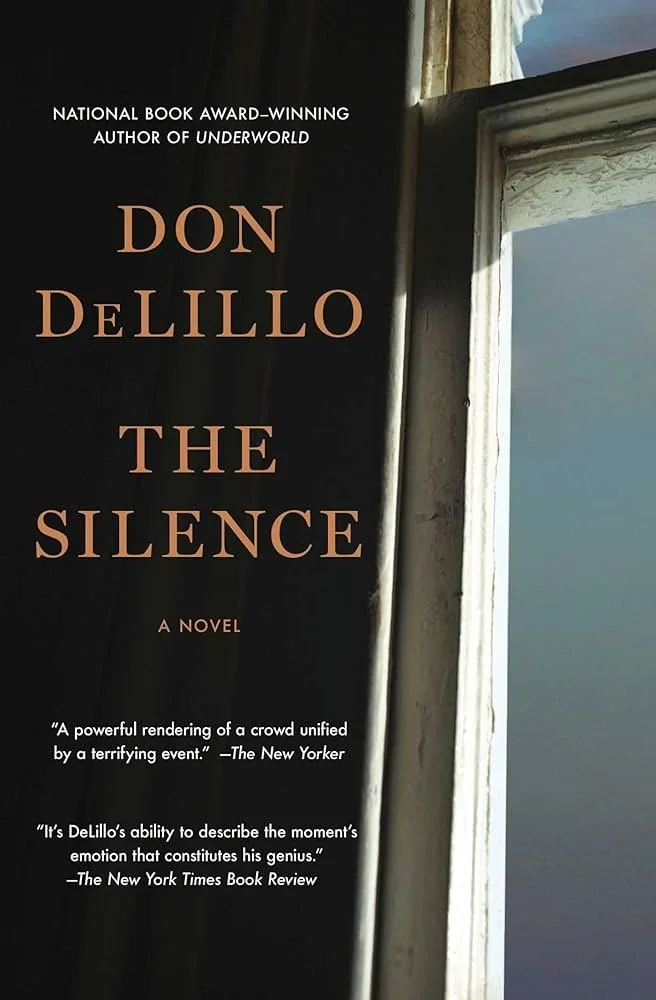Book Review : Don DeLillo - Great Jones Street (1973)
Fifty years ago, we idolized musicians and professional athletes. They were our new gods, iconic figures that inspired us to rise above and become more than we ever could. Of course, things are different now. Successful musicians are mostly perceived to be excessive divas but we haven’t stopped worshiping nonetheless. The reasons why we put our love and hope on people that already have so much of it has been much discussed since then, but the effect of that quasi-religious devotion on famous people is still oddly taboo today.
That’s why we have novels like Don DeLillo’s surreal and insightful exploration of fame Great Jones Street. It didn’t age one bit in 45 years.
Great Jones Street tells the story of rock n’ roll icon Bucky Wunderlick, who inexplicably leaves his band and retreats inside a bare apartment in New York (hence the title of the novel). Overwhelmed by the devouring love of fans and media, Bucky is trying to slow things down and regain control of his self. But his fame has grown to become independent of his actions. People either find him and knock on his door or they see him somewhere he isn’t, doing things that add to the legend of Bucky Wunderlick. Everybody wants a piece of Bucky for their own selfish reasons, including dangerous people with a political agenda.
There’s no real plot to speak of in Great Jones Street. Bucky is holed up in his apartment, trying to live in the moment and people take turns visiting him with different demands. That’s it, really. One could argue the main character is Bucky’s public persona, who is acting independently of Bucky himself throughout the novel. By isolating himself, he’s become a spectator to his own fame. And that’s what he wants: to better understand his fame in order to regain control over it.
At the beginning of the novel, there’s this oddly heartbreaking scene where a journalist is trying to get an interview out of Bucky and he keeps telling him to write whatever he wants. That is doesn’t matter, he’ll confirm that it’s true. He shows keen understanding that he’s lost control of who he’s become, which makes him almost instantly likable. Great Jones Street might not have a proper plot, but it doesn’t matter. Don DeLillo uses fiction for its highest calling: crafting empathy for people we don’t understand in the real world.
I can hear you asking: but what is he trying to say, Ben? What the fuck is the point of Great Jones Street? Valid questions. Great Jones Street explores the nature of fame and how it doesn’t exist for its own sake. Bucky is (or was) a passionate musician. Although he initially enjoyed his power over large crowds, his fame made him so powerful that he lost control over it. Whatever he did or say, it would only be interpreted in a way that would make him more beloved and famous. Fame is a double edged sword is you’re not self-conscious of it and in control of your public persona.
It’s still difficult to understand today, but it’s better explained through a 260 pages novel than anywhere else I’ve seen. If you want a real world example, it’s what happened to Kurt Cobain. He would spit in cameras and show his dick on scene out of spite and would only be called a genius for it. Cobain was a passionate musician like Bucky, who was only interested in making music. But he was so good and groundbreaking at it that his success came with a structure he didn’t want and definitely wasn’t ready to handle. Real rock n’ roll artists are broken kids looking to express their anger and the inner workings of celebrity are kind of counterintuitive to their desires.
I’m sure you’ve guessed it by now: I loved Great Jones Street. It’s Don DeLillo at the very peak of its perceptive and insightful powers. It’s a cerebral and meditative novel that might not appeal to everybody, but it’s still surprisingly pertinent in 2018. Because celebrity is a more important and scrutinized social phenomenon today than it ever was. It doesn’t matter that we worship rock gods or people who live an idealized life on Instagram. We’ve always worshiped and we always will. But we still don’t understand the schism between humans and icons we create by doing so. A novel like Great Jones Street brings us a little closer to the truth and that’s why it deserves immortality.
9/10






